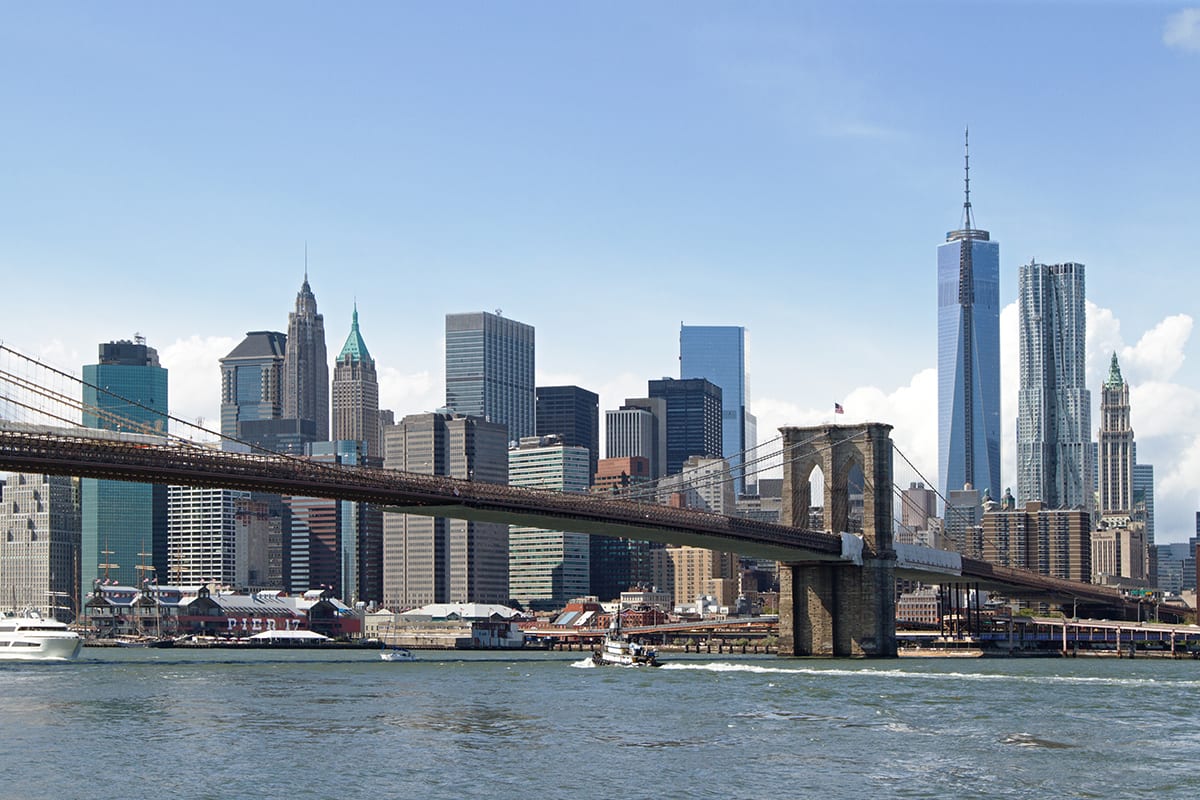Not so long ago, there was a well-trodden path to late 20th- and early 21st-century adulthood. Having flung their mortarboard into the air following years of study, the newly-minted university grad would make their way to the big city in search of fame and fortune. Starting out on the more well-worn side of town, the grad would rent while saving to buy a flat, then do it up before moving on or moving in with a significant other. Along the way, little feet might call for bigger homes, and the neighbourhoods they passed through would be transformed from dodgy to edgy as the trickledown effect from professional salaries sparked waves of gentrification.
And then it stopped. Global cities like London, New York and Sydney, and one-industry destinations like San Francisco, are simply becoming too expensive for Millennials and Gen Z-ers starting out in life to get a toehold in town. Instead, they’re opting for the very place that previous generations heaped such scorn upon: the suburb. And such is the trend for this pattern that it’s garnered its own phrase: we are currently in the throes of the Millennial Exodus.
According to The Wall Street Journal, US census data show that the trend for young people leaving big cities has continued for the fourth year in a row – last year, almost 38,000 people aged 25 to 39 left New York. Forget buying a flat: these days, even renting one can be prohibitively expensive if you wish to do it in a half-decent area in a popular city. The cost of travel, the lack of good schools and the poor quality of life have all conspired to make millennials rethink their priorities. In London, an article in The Guardian based on the latest data available states that “340,500 people moved out in the 12 months before June 2018”. Suddenly, bigger bedrooms and wide-open space don’t look so bad after all – especially with the advent of self-driving cars.
Although there’s still some way to go before driverless vehicles are fully integrated into our lives, they are one indication of what the future world of work and, for the CFO, what working with millennials could look like. Big tech has enabled us to be present even when we are physically miles away, raising interesting questions about managing millennials in the workplace – and even whether a workplace is still required. Will you really need that trophy city-centre HQ that’s expensive to run and hard to reach when there’s an out-of-town coworking alternative surrounded by ample greenery and parking for all? With flexible offices (flexspace), leases are adaptable to the changing needs of a business, and cleaning and maintenance are taken care of. There’s also the small matter of the balance sheet: thanks to new IFRS16 accounting rules, flexspace – unlike a fixed office – need not make an appearance on it.
As discussed in a recent IWG article, Africa is another market on the cusp of profound change. The fastest-growing continent on earth will boast more working-age people than the rest of the world combined by 2035, making it a fascinating test case to witness the future of young people at work up close. Like the article says, significant investment in wireless technology – think mobile broadband and fibre-optic cable connections – has removed the barriers to entry that once existed, allowing workers to engage in a job wherever they can find a signal. That, plus chronic congestion in Africa’s commercial centres – in Lagos, every hour is rush hour – is another factor that causes multinational companies to think twice about where to put down roots (city centre or out of town?) when they want to establish a presence in a foreign territory.
But back to the US. According to Forbes, Americans lose 70 billion hours a year behind the wheel. When you think what else all those hours could be spent doing, the truly self-driving car (not the one that still requires a human in charge) can’t come soon enough. It’ll mean that the ubiquitous 4+1 seat structure of the traditional cabin will become more like a mobile living room or meeting room – removing the pain of a commute as the environment becomes more conducive to conversing, relaxing, and working. Alongside the wellbeing of your employee, the business benefits are plain to see too: happier, healthier people – those who haven’t spent fruitless hours in a never-ending snarl-up – are proven to be more productive.
The future of work may be uncertain but it also presents many opportunities. So what can you do as company? When it comes to managing millennials – a generation that places a good work/life balance high on the agenda – it would be prudent to recognise this and make the changes you deem necessary to keep them happy and business running smoothly. Whether that’s relocating your premises out of town to be closer to their homes (and saving a packet in the process), or rethinking the working day to take advantage of all the technology at our fingertips (from the telecommute to the virtual meet), the options are many and varied – and the way you want to run your business is entirely up to you.






